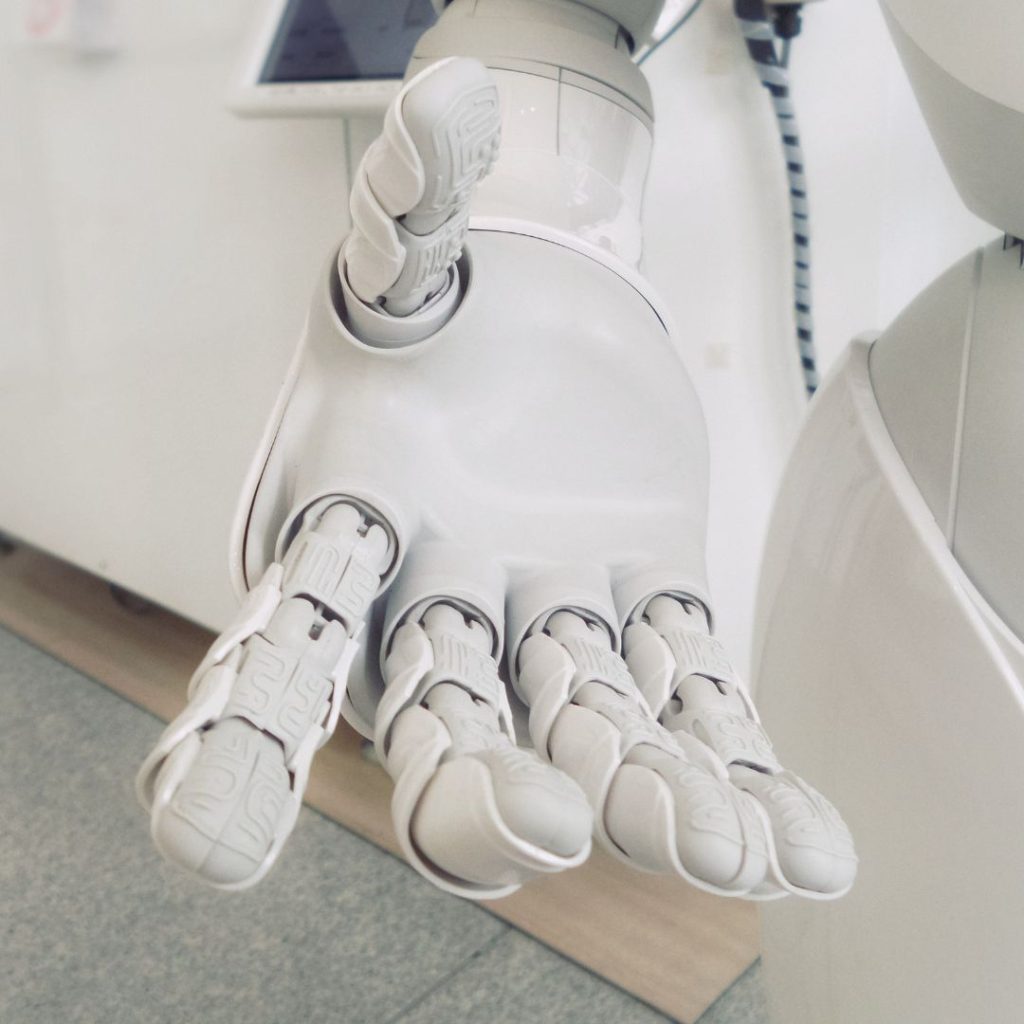In recent years, the use of new-age technologies such as Big Data, Analytics, AI, Machine Learning, and others has accelerated the rise of digital travel sales.
Big data and machine learning, more than any other technologies, play a critical role in achieving commercial success.
According to reports, the tourism business made more than $900 billion in 2021. The next implementation of these technologies will undoubtedly provide a look into how they are transforming customers’ travel experiences.
Technology has become important in today’s world, influencing how we learn, work, shop, socialize, and even travel.
Furthermore, because travel is one of the fastest-growing businesses, it is heavily influenced by technology and artificial intelligence.
Machine Learning and Artificial Intelligence in the travel industry have the potential to improve the sector by helping to simplify and automate countless operations that would otherwise be performed by humans, reducing the risk of human mistake
It is for this reason that artificial intelligence in the travel industry is adopted to predict travel possibilities, provide personalized travel support customized to traveler needs, improve customer service, and make in-trip and post-trip demand management more manageable.
As a result, we may conclude that AI in travel and tourism can assist in making travelers’ travel experiences more comfortable and convenient. Artificial Intelligence has influenced the travel and hospitality industry in the following ways.
Recommendation Engine
The recommendation engine is the most popular application of AI/ML technology on digital platforms.
From Amazon to Netflix, technology has played a significant role in producing massive profits for the companies.
The automatic recommendation based on customer data greatly increases sales, upsells, and entices returning customers.
Price Predictions for Flights and Hotels
Have you ever wondered how you can find the finest hotel and travel prices in such a vast pool of options?
Thanks to price predicting AI and Data Science tools that automatically monitor the market and send out notifications with the best available deals.
The addition of such a product to an online travel agency’s portal boosts sales and attracts new consumers.
Smart Travel Assistants
Users surf sites that provide them with rapid, convenient, and seamless service in this fast-paced world.
Data analytics helps clients make smarter decisions with the help of virtual travel assistants.
Additionally, AI is used in some digital applications to automate monotonous processes, and machine learning technology is used to provide assistance to clients via a chatbot system.
The overall experience gives the impression that the user is being guided through the booking process by a personal assistant.
Managing Disturbances More Effectively
The technology also eliminates any roadblocks that travelers may encounter on their way to their destination.
It automatically handles plan impediments. AI developments combined with predictive analysis provide you an advantage in preventing problems before they happen.
Customer Service That’s Interactive
AI/ML chatbots are an intriguing method to improve customer service and help in a variety of ways.
Customers can receive basic information and transactional services via a custom-programmed chatbot, ensuring a smooth experience.
Offers Tailored To Your Most Valuable Customers
Loyalty programmes are not a new concept in the travel industry, but with the help of artificial intelligence, these plans can now provide personalized discounts to the most valued consumers.
Certain AI tools create a robust model for giving a fantastic deal to loyal customers by gathering details from legacy data and consumer behaviors.
Social Media Sentiment Analysis of Customers
Travel businesses may use big data and artificial intelligence to monitor what clients are saying about them on social media platforms.
This can assist such a company in dealing with negative feedback and resolving the problem noted by customers.
With the use of supervised learning and natural language recognition, data tools can track down the harmful aspects of social media conversations and intervene.
Incorporating Pricing Into The Hospitality Industry
The fluctuating price market is one ongoing factor that has a variety of effects on the hotel business.
Dynamic pricing is the process of adapting to changing market prices. Machine learning technology can be utilized to improve the potential and effectiveness of such programmes through dynamic pricing.
In-Stay Customer Experience
The task does not stop with the booking process; AI may also aid with post-booking actions. Inside hotel rooms, virtual assistants can be used to manage room lights and electronics, as well as give authentication using facial recognition during check-in.
Understanding the Application of Artificial Intelligence in the Travel Industry
Artificial intelligence has been around for a long time, but it is only recently that networks and other computers have advanced to the point where they can perform complex tasks without the need for human intervention. This concept is closely related to ideas of automation in which no human interaction is required.
Furthermore, the ability of Artificial Intelligence to perform tasks that formerly required human cognitive function has made it particularly advantageous for people in the travel sector. AI in tourism has the ability to remove human mistakes and allow jobs to be completed instantly, at any time of day.
Numerous resorts and hotels rely greatly on providing exceptional customer service to maintain their reputation. Businesses can employ Artificial Intelligence, for example, to provide speedy reaction times even when manpower is unavailable.
Artificial Intelligence (AI) has been increasingly important in the marketing world in recent years, with practically every corporate sector incorporating machine learning into their operations. The tourist business is no exception.
In a nutshell, Artificial Intelligence (AI) is playing an increasingly important role in the evolution of the travel industry, providing a variety of ways to enhance the travel experience.
From the perspective of the customer, AI and machine learning make it easier for them to access relevant data, receive more customized transactions, make more informed decisions, and have a more delightful travel experience.
Artificial Intelligence has the potential to improve operational profitability in all sectors of the tourist industry, reduce operating costs, and assist in producing more revenue for the travel industry from a commercial standpoint.
Kilowott leverages its expertise and leadership in design, digital technologies and business process automation for a complete end-to-end business experience transformation (BxT) within the travel and hospitality industry..
We prioritize purpose, innovation, and deliver a holistic business experience to drive accelerated growth in customers, giving them exactly what they desire without trading sustainability and profitability?
Need a disruptive change to the human experience for your business or organization? Let’s talk





